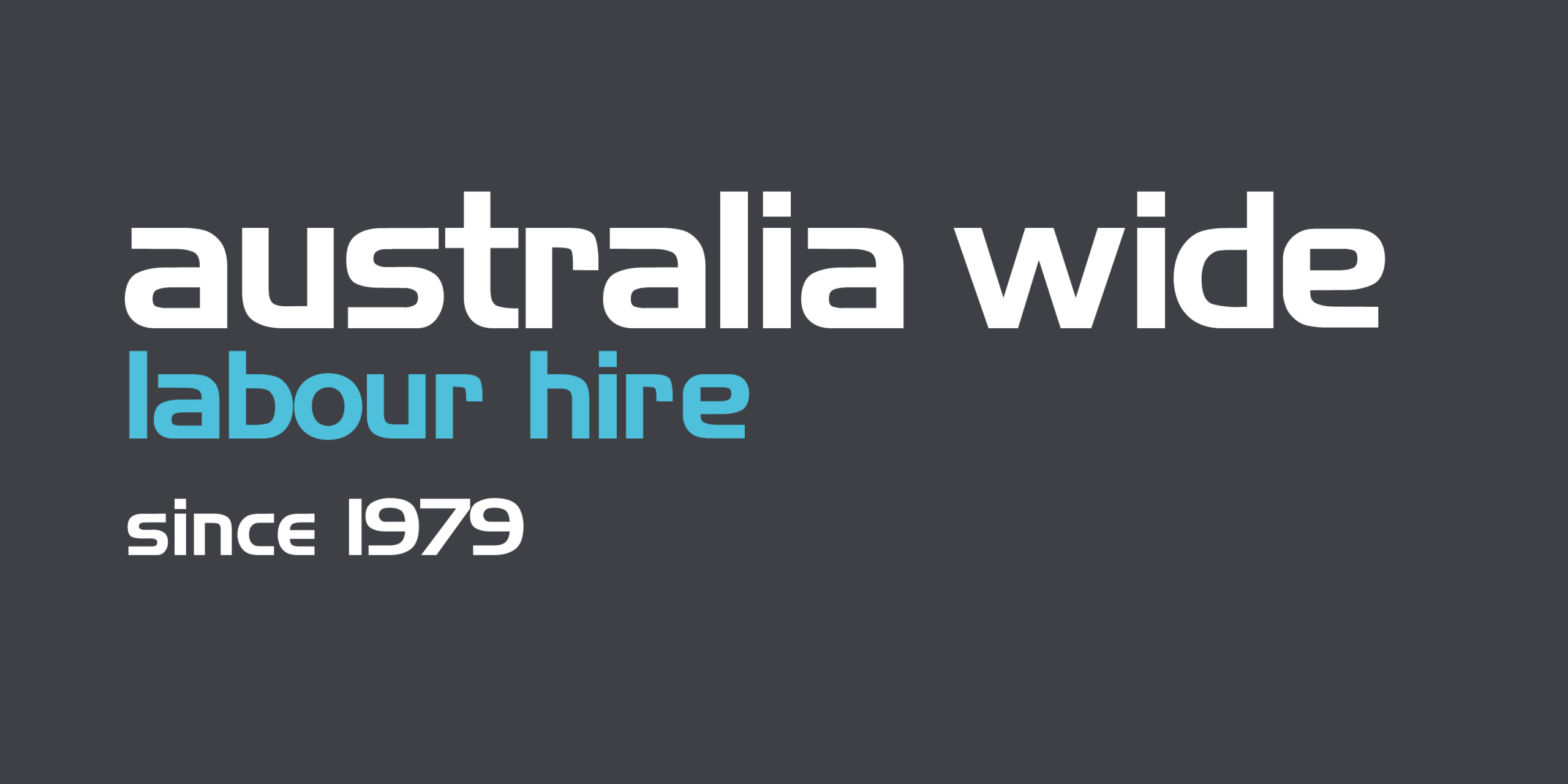5 habits that can turn interviewers against you
Author Jenny Foss for The Muse
Having spent the last decade recruiting, I’ve had many a conversation with hiring managers after a candidate exits the interview. And, while I always hope for exceptional feedback, sometimes the news is not so glowing.
Sometimes, the candidate has done something so annoying to the interviewer that, at best, she is now questioning her interest in keeping this person in the running.
What are the things that drive interviewers the most crazy? Listen and learn.
1. You arrive super early
Everybody knows that you’re an idiot if you show up late for an interview. It’s completely disrespectful of the interviewer’s time.
But showing up insanely early is also going to make you look like a jerk. Why? Because, when you arrive more than five or 10 minutes before your meeting, you’re putting immediate pressure on the interviewer to drop whatever she may be wrapping up and deal with you. Or, she’s going to start the interview feeling guilty because she knows she just left you sitting in the lobby for 20 minutes.
A secondary problem with showing up early is that it says, “Hi, I have absolutely nothing else going on in my life, so I’ll just park it here in your company lobby.” You don’t want that. If you arrive super early, hang in the parking lot or a nearby coffee shop until just a few minutes before your scheduled time.
2. You’re so over-rehearsed that you act like a robot
Once again, we all know not to show up to an interview completely unprepared.
Fewer of us, however, realize that it’s entirely possible to arrive over-prepared. Are you someone who thinks through every possible question that you suspect might be asked, writes out verbatim “best answers,” and then practices them in the mirror (or with a friend) until you’re beyond exhausted?
You might think you’re doing yourself a solid, but what you’re actually doing is putting yourself at risk for coming across as robotic or, worse, disinterested.
When you’re hyper-prepared and hanging on the edge of your seat waiting for certain questions for which you’ve prepared to be asked, you will likely have a very hard time engaging in genuine conversation with the interviewer.
And interviewers don’t tend to hire detached people who can’t seem to have a genuine conversation. Certainly walk in prepared, but force yourself to not memorize or over-rehearse the practice questions.
3. You head into the TMI zone
Is your underwear riding up your rear end as you sit in that interview? Did you totally run a red light (and nearly sideswipe a school bus) so that you could be on time? Did your husband lose $15,000 at a craps table in Vegas last weekend? How interesting — yet all completely off-limits conversation topics while you’re in the interview.
Even if you’re interviewing for a role within the most free-wheeling, fun-loving organization, the fact remains that you are in an interview. Never, ever get wooed into believing that the casual nature of the environment frees you to enter the TMI zone.
Be friendly and conversational, for sure. You want this crew to feel that you’ll fit in around the joint. Just never, and I mean do not ever, cross the line into TMI. When in doubt, leave it out.
4. You’re a clear and obvious WIIFM
Guess what interviewers want to know when they meet with you? First and foremost, they want to know what you can do for them. What can you do to make that company money, improve businesses processes, grow the organization and, importantly, make their lives easier?
That said, when you bust out with an immediate litany of WIIFM (what’s in it for me?) questions, you look both arrogant and, frankly, unappealing.
Of course you want to know what the benefits are, how much vacation you get, and if you get a cell phone, company car, and corner office. But in the early interview stages, all the hiring managers and HR people really care about is what you can do for them. This is a business they are running, not a club.
Making you happy will be important if they want you, but you’re not even going to get to that stage if you make your list of demands clear too early.
5. You don’t say “thank you”
I’m not just talking about the after-interview thank you note here. Surely, sending an immediate thank you out to each person with whom you’ve met is critical. But it’s also super important to thank the interviewer enthusiastically before you even part ways.
Certainly, it can be stressful and exhausting to shuttle through hours of interviewing at a company, to the point it all starts feeling like a bit of a blur. But if you really want this job, you need to stay focused and energized, and you absolutely must end strong. A strong, genuine, “Thank you so much for taking the time to meet with me — it was great to meet you” will go a long way.
“Thank you so much for taking the time to meet with me — it was great to meet you” will go a long way.
Interviewing can be among the most stressful things we do as adults, especially when we need the job badly. It’s definitely never a breeze. But keeping a cool head, arriving prepared to engage in conversation, and staying focused on the value you can bring to that organization is going to help you make it through with flying colors. People hire people, not robots, not jerks, and not people who don’t value their time.
Keep this top of mind as you march forth and conquer.
